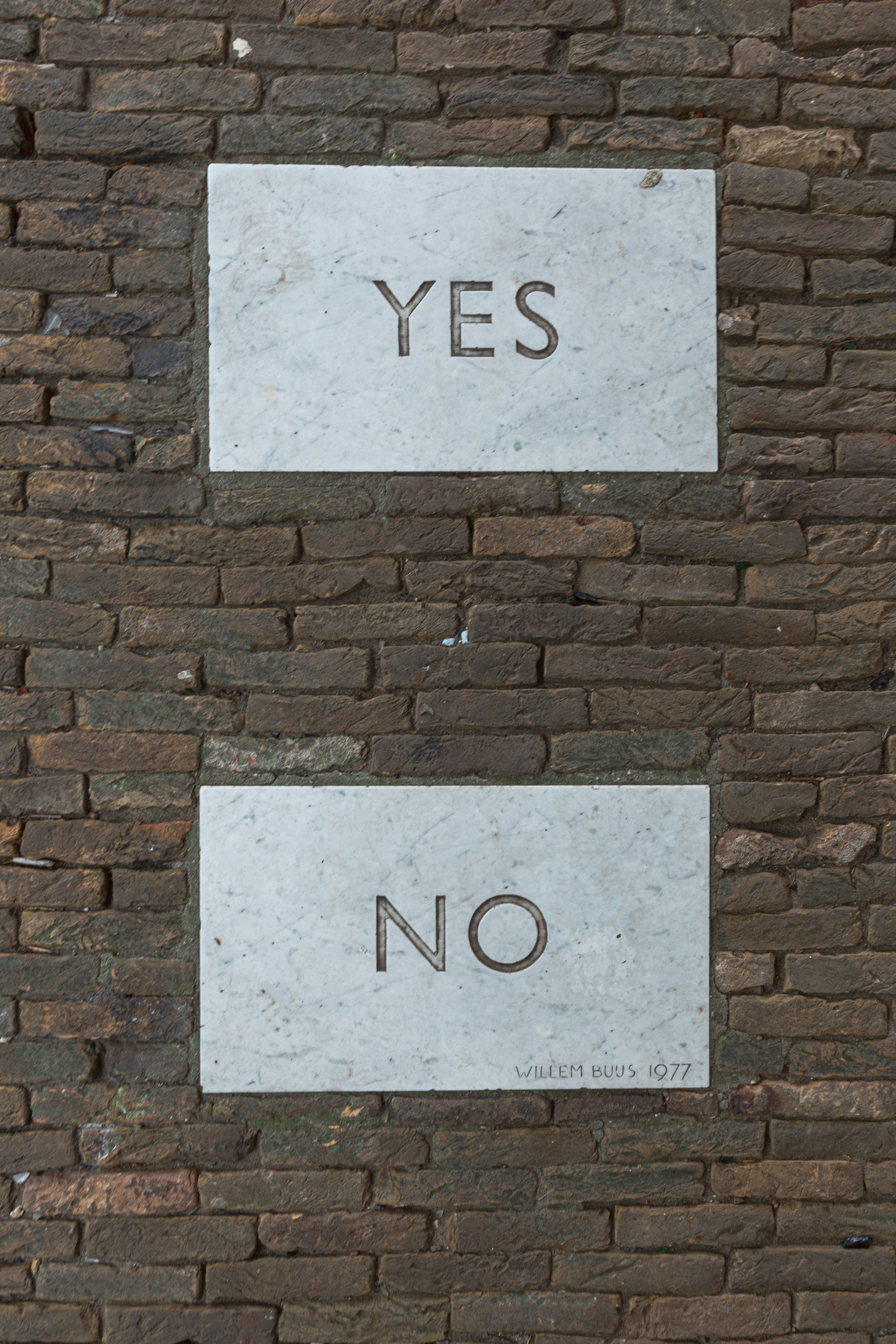In NSW, all members of a jury in a criminal trial must generally unanimously agree with the decision either to convict (by return verdict of guilty) or acquit (by return verdict of not guilty). Where the accused is charged with a number of offences, the jury must unanimously agree on a verdict in relation to each of those charges.
The ordinary number of people on a jury panel is 12, however this number may vary. In lengthy criminal proceedings, there may be a jury panel of up to 15 persons (if the Court makes an order under s19(2) of the Jury Act 1977 (NSW), however only 12 of those jurors may retire to consider the verdict in the proceedings (s55G Jury Act). Part 7A of the Jury Act provides the powers to the Court to discharge jury members, which cannot be less than 10.
In trials involving an offence against a law of the Commonwealth, if a jury are not able to reach a unanimous decision (also known as a “hung jury”), they will be discharged and no verdict can be delivered. As a result, the case will either be retried before a different judge and jury, or the prosecution may decide for various reasons not to pursue the matter any further.
For trials involving an offence against a law of the State (eg. NSW), section 55F(2) of the Jury Act states that a majority verdict may be returned by a jury in criminal proceedings if the following preconditions are met:
- a unanimous verdict has not been reached after the jurors have deliberated for a period of time (being not less than 8 hours) that the court considers reasonable having regard to the nature and complexity of the criminal proceedings, and
- the court is satisfied, after examination on oath of one or more of the jurors, that it is unlikely that the jurors will reach a unanimous verdict after further deliberation.
Section 55F(3) provides a definition of majority verdict to mean:
- a verdict agreed to by 11 jurors where the jury consists of 12 persons at the time the verdict is returned, or
- a verdict agreed to by 10 jurors where the jury consists of 11 persons at the time the verdict is returned.
If the Court has given the majority verdict direction, and there is still no resolution (i.e. 11-1 or 10-1), it will be deemed a hung jury and will be discharged.
Should you or someone you know be charged with an offence that may proceed to a jury trial, it is essential you receive legal advice from an experienced criminal defence lawyer at any early stage. To discuss your options, call Hugo Law Group in Sydney, NSW (02 9696 1361), Canberra (02 5104 9640), Perth (08 6255 6909) to make an appointment to speak to one of our lawyers.
